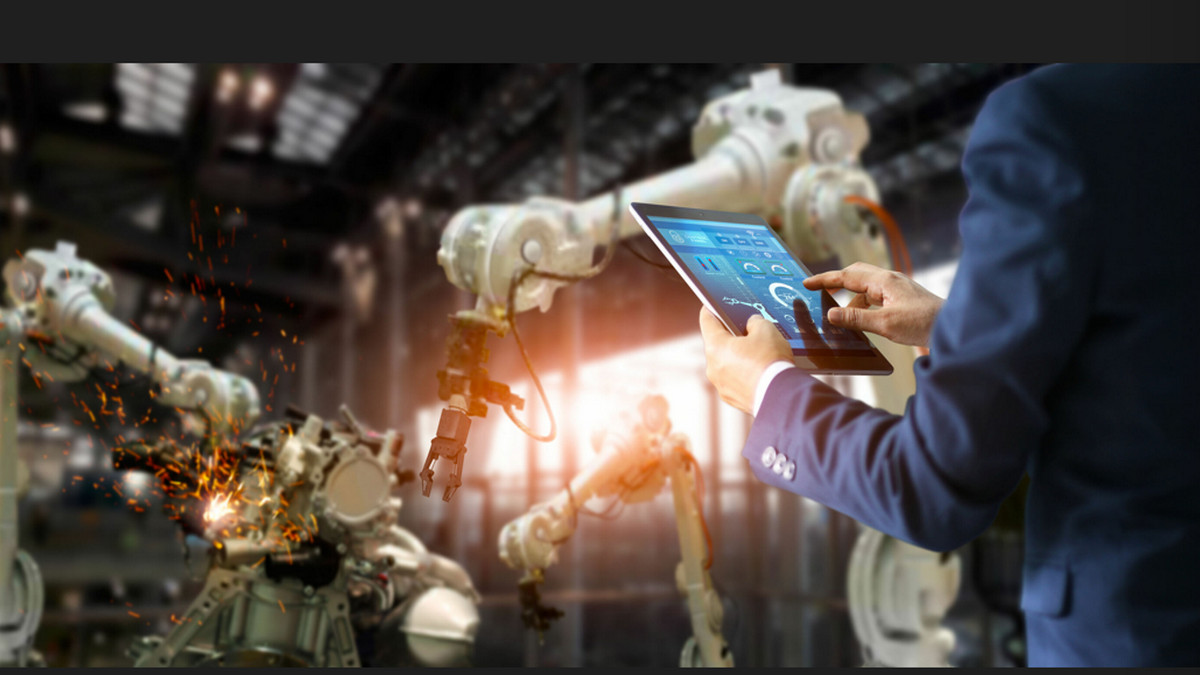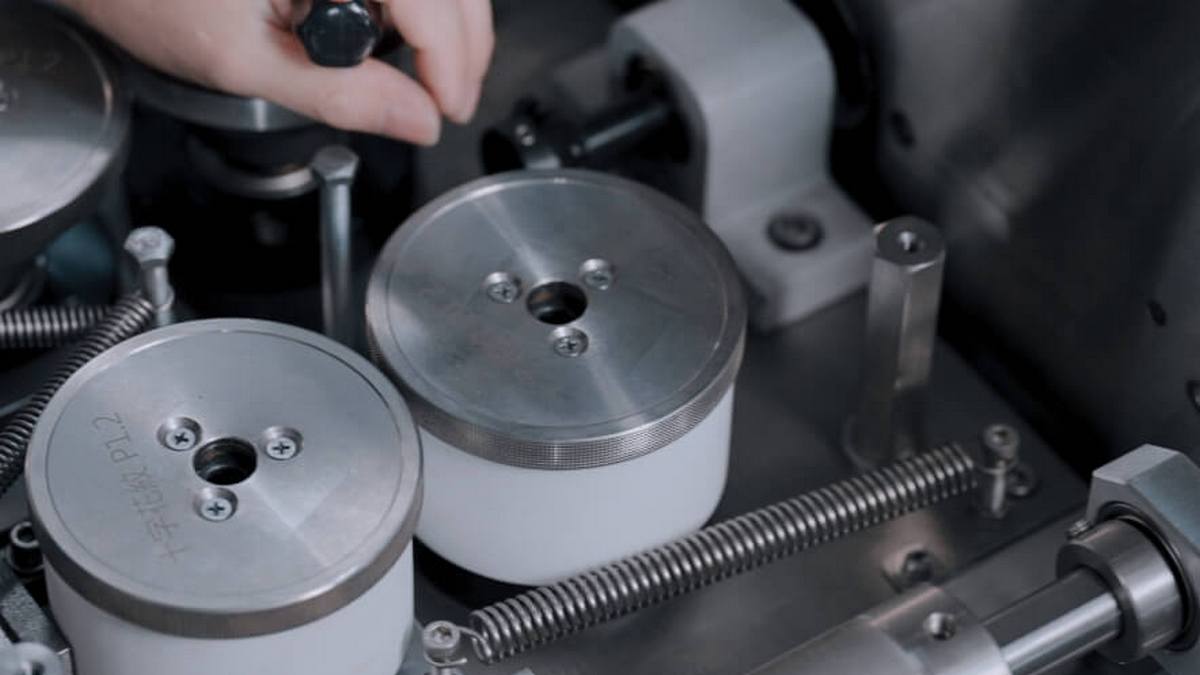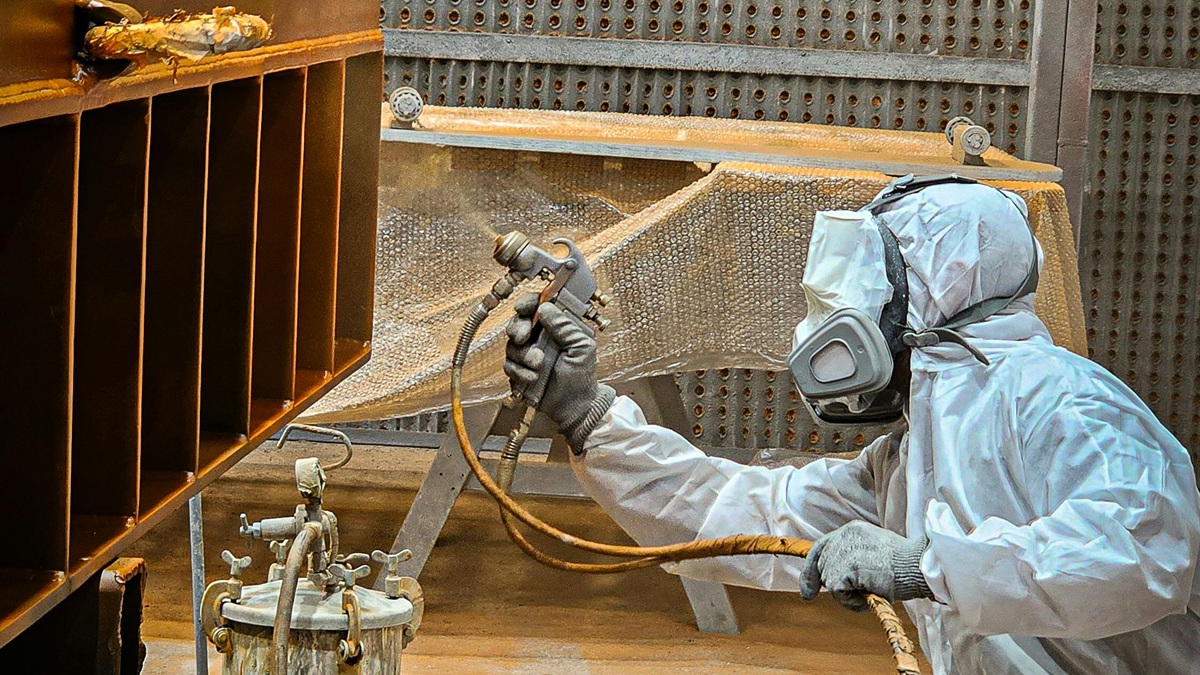The Smart Machinery Cloud Platform intends to standardize terminal software and hardware, application tools, and operation platforms to assist enterprises in their digital transformation.
The Development Background of the Smart Machine Cloud
The machinery industry has been a main pillar of Taiwan's economic development. In the past, through the integration of upstream, midstream, and downstream resources, highly competitive products were created and successfully entered into the international market. However, with recent changes in global trends, Taiwan's small and medium-sized enterprises are transforming and upgrading towards intelligence and digitalization. However, besides the heavy cost burden, adopting new digital resources has become a daunting task for small and medium-sized enterprises.
In the past, various mechanical clouds were incompatible with each other, and it was difficult for software services of different developers to coexist. The mechanical cloud platform has now made it possible for customers to download and install software across borders. During the pandemic, the smart machinery cloud helped customers to better realize integrated, remote, service-oriented manufacturing.
What is the Smart Machine Cloud?
The "Smart Machinery Cloud Platform" is like an application store for the machinery industry. After entering the platform, manufacturers can inquire by industry and application category, software function, or developer category, or directly browse the software introductions to find suitable applications. They were able to download, install, maintain, and update these applications by themselves. Industries covered included metal processing, metal forming, plastics, textiles, electronics, fasteners, and other manufacturing industries. This platform added value to the domestic machinery industry, and promoted the development of smart manufacturing.
By developing technologies such as smart machine networking, cloud computing, software virtualization, and containerization, the smart machine cloud platform was built. It included a standardized execution environment and information model, standardized development and installation processes, and standardized e-commerce operation platforms.
The SaaS (Software as a Service) module provided by the smart machinery cloud platform helps the industry to overcome the problems of system integration and lack of software development. It assists manufacturers in the rapid digital transformation of metal cutting equipment, electronic equipment, metal forming equipment, plastic rubber equipment, textile equipment, and other manufacturing equipment.
Applications and Benefits
The Smart Machinery Cloud platform can help service developers reduce development and maintenance costs, and quickly provide products and services to global customers through the e-commerce platform while being protected by the information security of an international platform. End users can obtain various application services on the cloud platform, which can effectively reduce production costs, control delivery time, and improve reliability and quality. At present, the machinery cloud platform has 165 APPs, being used with general and professional equipment spanning five industries of metal processing, electronic equipment, metal stamping and forming, plastic injection, and textile equipment.
Smart Machinery Cloud Leads Enterprises to Smart Manufacturing
Smart manufacturing requires the integration of precision machinery and smart technology. How does the Taiwan Machinery Association provide an open platform, connect upstream and downstream partners, and integrate software and hardware to assist precision machinery equipment manufacturers? By adding value and transforming them into smart machinery manufacturers.
It is hoped that Taiwan's machinery industry will transform from manufacturing precision machinery to manufacturing intelligent machinery. The first step is to connect the equipment to the Internet, and the second step is to build the mechanical cloud as a carrier, which allows each system vendor to upload their developed APPs and operate as a platform.
Mechanical Cloud Avoids Repeated Investment in Manpower and Material Resources by Sharing Resources
Overall, SMEs account for more than 90% of Taiwanese manufacturing, and about 85% of the equipment industry. Therefore, the transformation to intelligent machinery will face great obstacles. Small machinery and equipment enterprises do not have the resources to do transform, and medium and large-scale machinery and equipment enterprises are faced with the problem of a talent and resource-heavy industry.
It is not easy for the machinery industry to find software talents, as it competes with the information industry and the electronics industry for talents. On the other hand, 70% to 80% of customer requirements are almost the same. But because information platforms are developed separately, it results in the wasting of a lot of unnecessary resources in the development of the industry.
To avoid wasting resources and repeating investments, the first problem that needs to be solved is integrating the different interfaces into a standard format. If machine-to-machine interfaces cannot be integrated, they will not be able to take advantage of the synergistic effect required to enhance value.
Realize the Software and Hardware Integration of Equipment with a Smart Mechanical Cloud
Smart machinery and smart manufacturing complement each other. The intelligent value of machinery and equipment lies in improving the production efficiency and product quality of the manufacturing plant. That is to say, the value of machinery and equipment can only be reflected in the manufacturing field. Therefore, if the value of equipment can be enhanced by intelligence, and production benefits can be generated in the customer's factory. In this way, an ecological circle of positive circulation is formed.
Smart machinery is mainly formed by integrating the original precision machinery technology with information and communication technology, that is, integrating IoT, big data, cloud technology, etc., and combining precision machinery technology to form smart machinery. With the development of smart machinery, there is an opportunity for equipment manufacturers to switch from selling single machines to providing turnkey solutions.
Break Interface Barriers with Standard Runtime
In the overall architecture of the mechanical cloud, the biggest key point is integration and compatibility. After discussions among various industries, universities, and research institutes, the Machinery Association and the Industrial Technology Research Institute jointly proposed the so-called standard Runtime, through which the gap between each other's interfaces was opened. Through the implementation of the standard Runtime environment in the controller, the problem of inconsistency in the interface of everyone's mechanical equipment can be solved.
Cross-border Integration of IT+OT Generates New Data Value
When integrating Information Technology (IT) systems with operational technology (OT) systems, not only equipment information needs to be extracted and applied, but also IT data and applications. For example, when producing a product, determining IT data such as where to start a work order, what kind of process is required, what kind of tool and mold are required, what materials are used, etc. is equally important.
Standard man-hours are used to obtain rough data on the start and end of manufacturing. However, if we can use the information of IT+OT, we can more clearly evaluate the manufacturing process of this work order, including loading and unloading times, waiting times, abnormal times, etc., which can help us arrange production more effectively. Or if you can know the tool die used in the work order, and machine conditions, you can calculate more accurately the service life of the tool die, and avoid unexpected downtime or quality degradation. In other words, combining IT and OT data can create higher value for manufacturing enterprises.
Constructing Taiwan’s Machinery Industry Cloud Service
The "Smart Machinery Cloud" platform will expand and optimize different industries, and provide software development tools that can be commonly used to develop their cloud service technical capabilities. Equipment used in the machinery industry is different from general consumer 3C products, so requires professional intervention to provide consultation and on-site installation. Therefore, domain knowledge is still an extremely important part of the service chain.
Looking to the future, the smart machinery cloud will build intelligent production lines, quickly connecting consumers to form a networked manufacturing service system community. The true meaning of digital transformation lies in whether it can help companies use new technologies to scale their business models, and make it easier for them to import, maintain, and scale their solutions.











.jpg)


